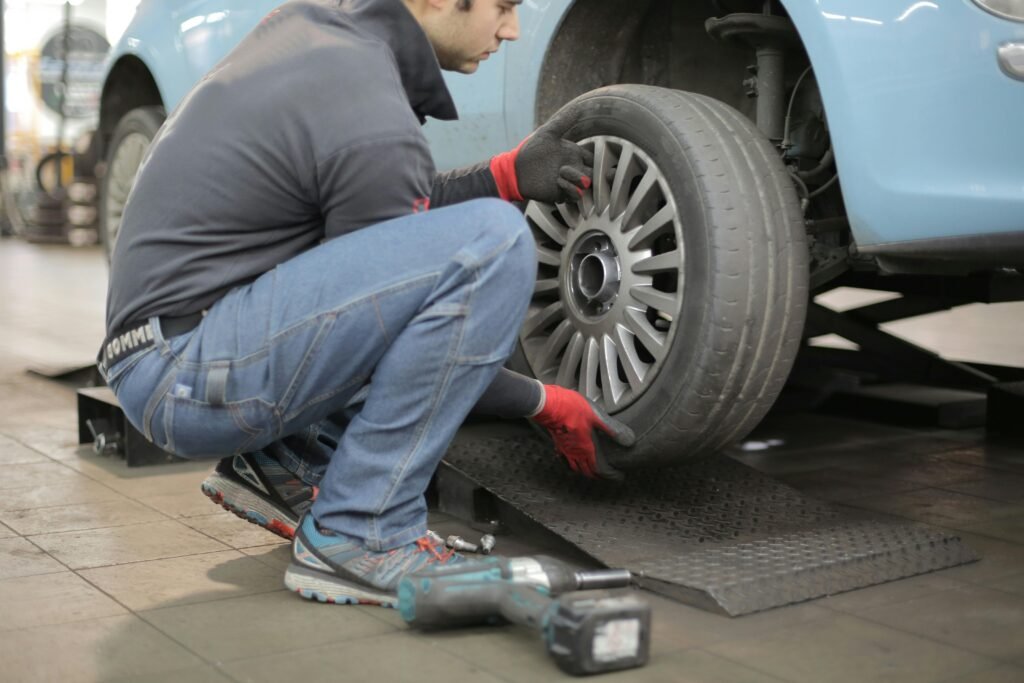When it comes to car care, many drivers overlook the importance of preventative car maintenance. While it may seem like an unnecessary expense at first, staying on top of routine car maintenance can actually save you money in the long run. In fact, addressing minor issues early can prevent costly repairs and extend the life of your vehicle. Let’s explore how preventative maintenance can keep both your car and your wallet in great shape.
The Hidden Costs of Neglecting Maintenance
To begin with, neglecting regular maintenance might feel like a time or money-saver, but delaying repairs can often lead to more expensive issues down the road. For example, ignoring oil changes can cause significant engine damage, ultimately leading to expensive repairs or even engine replacement. Similarly, failing to check your brakes or tires could result in safety hazards or accidents, resulting in costly repairs or, even worse, injury.

The Benefits of Preventative Maintenance for Your Vehicle
By contrast, preventative car maintenance brings numerous benefits that help you avoid unexpected costs. Let’s break down the advantages:
- Early Detection of Potential Problems: One of the key benefits of routine maintenance is the early detection of problems. A simple inspection can identify small issues, such as a worn brake pad or leaking fluid, which are easy and affordable to fix before they escalate into major repairs.
- Increased Vehicle Longevity: Regular maintenance ensures that your car’s systems are functioning properly, helping to extend its lifespan. Tasks like oil changes, tire rotations, and coolant flushes prevent unnecessary strain on your engine, allowing your car to run smoothly for many more miles.
- Improved Fuel Efficiency: Did you know that well-maintained vehicles use fuel more efficiently? By ensuring your engine, tires, and exhaust system are in top condition, your car doesn’t have to work as hard, ultimately improving fuel economy. As a result, you’ll save money at the gas pump.
- Higher Resale Value: Another often-overlooked benefit of preventative maintenance is the higher resale value of your vehicle. Cars with a documented history of regular service are more attractive to buyers, allowing you to sell or trade in your vehicle at a better price when the time comes.

Key Preventative Maintenance Tips:
Now that you understand the importance of preventative maintenance, here are some essential tips for keeping your car in optimal condition:
- Oil Changes: Change your oil every 3,000 to 7,500 miles (or as recommended by your manufacturer) to ensure your engine runs smoothly.
- Tire Maintenance: Regularly check tire pressure and rotate your tires every 6,000 to 8,000 miles to prevent uneven wear and improve fuel efficiency.
- Brake Inspections: Have your brakes inspected every 10,000 miles to ensure they remain in good working order. Replace worn brake pads promptly to avoid more costly repairs.
- Fluid Levels: Keep all essential fluids topped up, including transmission fluid, brake fluid, and power steering fluid. Regular fluid checks ensure your car runs smoothly and avoids potential breakdowns.
In Conclusion: Invest in Your Car’s Future
In conclusion, preventative maintenance is not an expense—it’s an investment in your car’s future. By keeping your vehicle in top shape, you can avoid expensive repairs, increase your car’s lifespan, and improve fuel efficiency. Routine maintenance not only ensures safety but also guarantees your car remains reliable and cost-effective for the long haul.
So, instead of waiting for a breakdown, schedule your next car checkup today. Taking care of your car now will save you money and time in the future. Don’t wait—your car (and your wallet) will thank you!